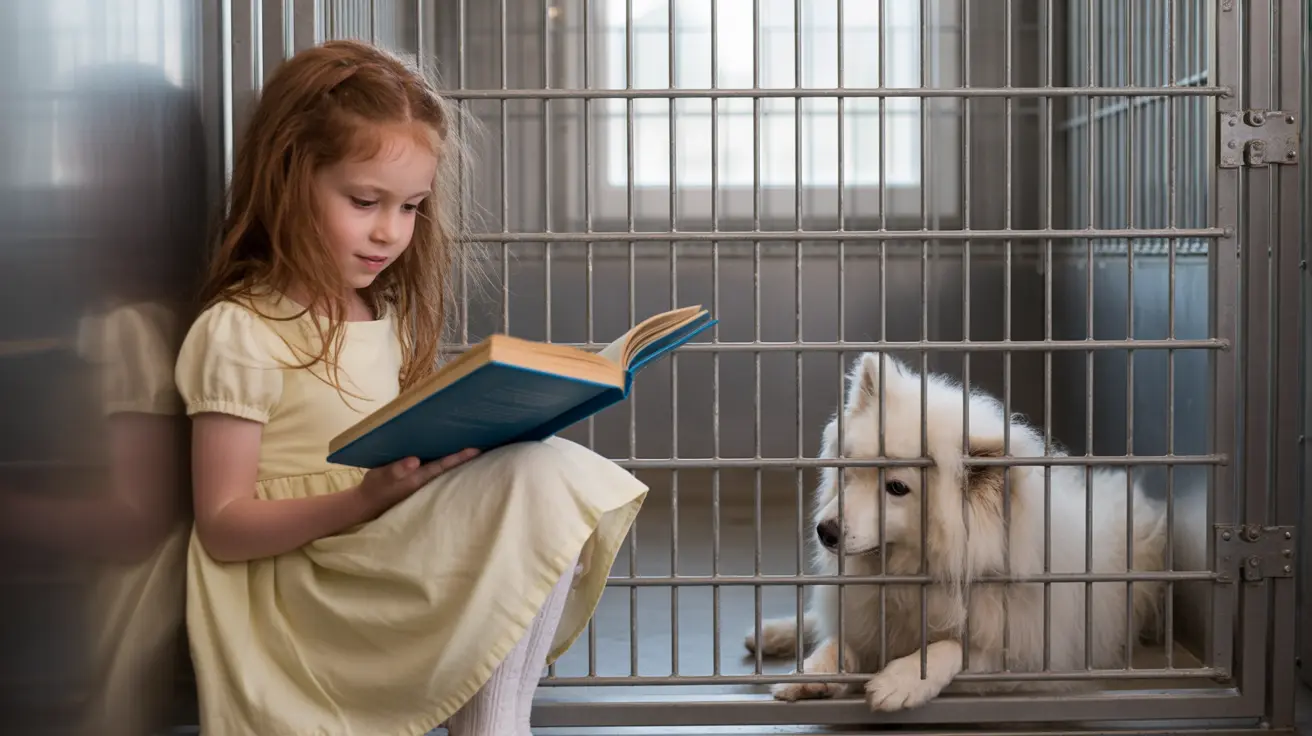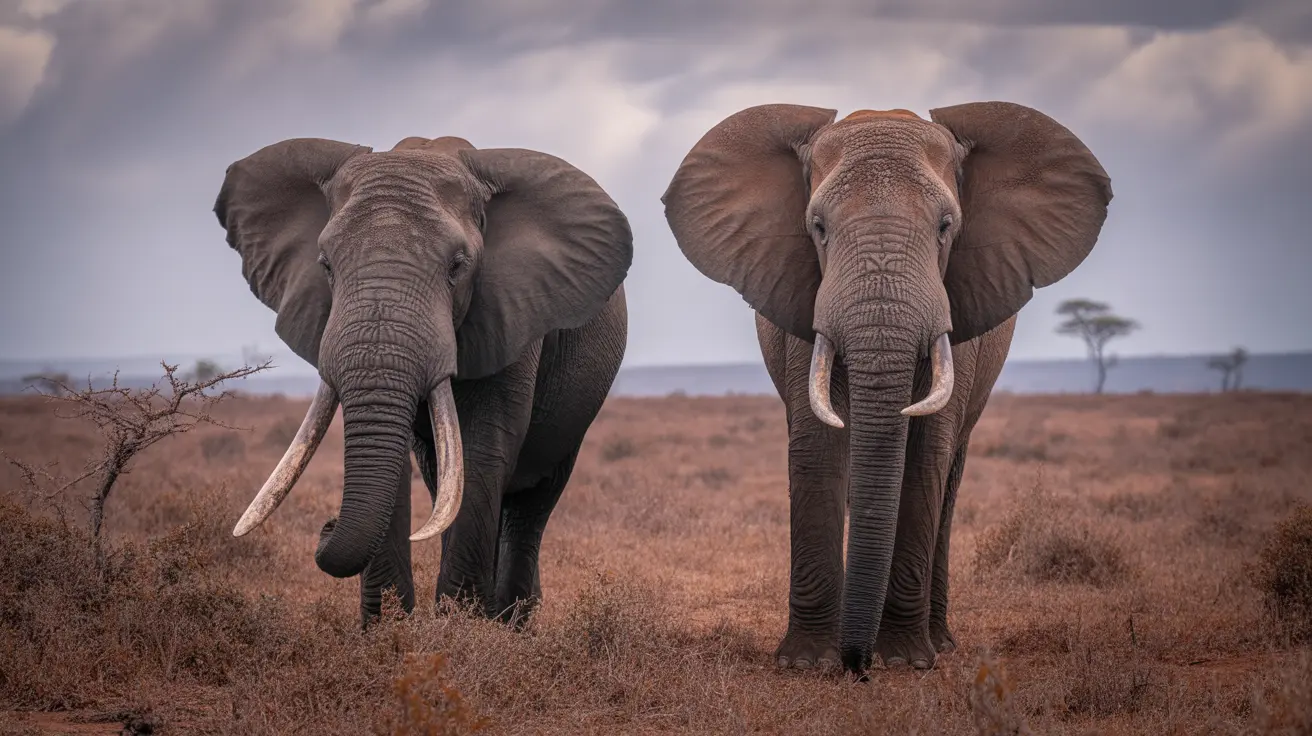Why Some People Believe Black Cats Are More Affectionate
Black cats have long been surrounded by myths, cultural symbolism, and sometimes superstition. Among these, one of the more positive beliefs is that black cats are more affectionate than cats of other colors. While there's no concrete scientific evidence to support this claim, several factors contribute to this perception.
Understanding the Genetics Behind Black Cats
A black cat’s fur color comes from a dominant gene responsible for producing eumelanin, a pigment that gives fur its dark color. This gene dominance results in black being a common coat color among various cat breeds. However, this genetic trait does not directly influence personality or level of affection.
Breed-Specific Recognitions
Though many breeds can have black coats, only the Bombay breed is exclusively black. Bombays are known for their loving nature and dog-like attachment to humans. It's possible that people encounter affectionate black Bombays and generalize this behavior to all black cats.
Possible Reasons for Perceived Affection
- Selective Adoption: People who adopt black cats may be more compassionate, given the knowledge that black cats are often overlooked in shelters.
- Cultural Reframing: In attempts to dispel negative stereotypes, black cat owners may be more likely to emphasize and share stories of affection and loyalty.
- Human Bias: People inherently look for evidence to support beliefs they’ve heard, such as “black cats bring good luck.” If affection is expected, it may be more readily observed.
Black Cat Syndrome and Affection
Black cat syndrome refers to the observation that black cats are overlooked in shelters, possibly due to lingering superstitions or because they’re less photogenic. This means that black cats who are adopted may experience more love and attention, which makes them come off as more affectionate due to increased human interaction and bonding.
Cultural Interpretations Provide Context
In places like Japan, black cats are viewed as lucky and capable of attracting romantic partners. In Scotland and Germany, a black cat’s arrival may indicate fortune or health. These positive associations might change how people treat black cats, contributing to perceived higher levels of affection.
Individual Personality Matters More
Cat behavior depends heavily on factors such as:
- Early socialization
- Genetics of the individual cat
- Attention and training by owners
- Environment and interaction
Affection isn’t determined by coat color but by the cat’s unique history and surroundings. Positive owner interaction often results in loving behavior, which may unfairly be linked to fur color when it's actually due to personality and experience.
Scientific Insights into Health and Behavior
Some studies suggest that the genetic component of black fur might contribute to increased resistance to diseases, possibly giving these cats longer and healthier lives. Healthy cats tend to display more consistent and positive social behavior, which might be interpreted as affection.
Influence of Popular Culture
Black cats are widely featured in media, often shown as smart, loyal companions—such as Bagheera, Luna, and Salem. This portrayal shapes public perception and might influence how owners interact with black cats, resulting in increased emotional closeness and thereby creating affectionate behaviors over time.
Conclusion
In sum, while black cats aren't biologically predisposed to be more affectionate, a variety of factors—from breed traits and personal experiences to cultural impacts and owner psychology—can contribute to the belief. Their reputation continues to evolve positively thanks to dedicated owners, breed-specific traits like those in Bombays, and cultural shifts that celebrate their beauty and charm.





